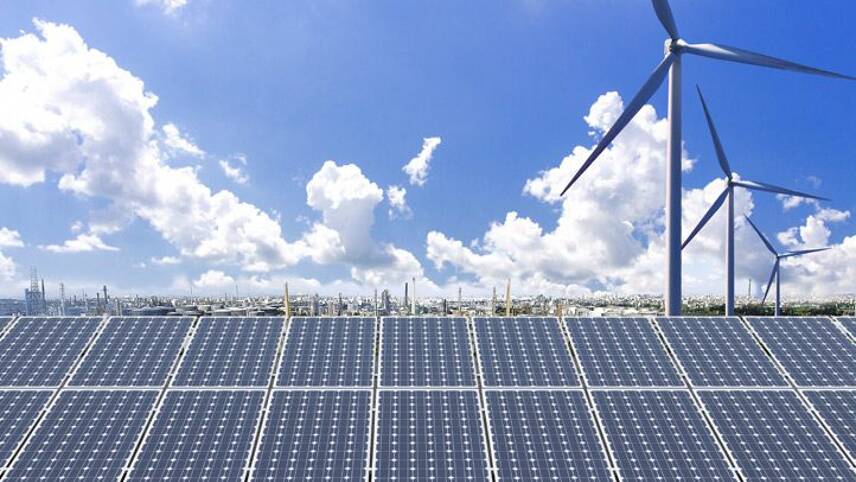Register for free and continue reading
Join our growing army of changemakers and get unlimited access to our premium content

BCG, which is involved in partnerships with the likes of the World Economic Forum, WWF, TED Countdown, and the World Business Council for Sustainable Development to spur climate action, will aim for net-zero emissions by 2030. Beyond that date, BCG will commit to becoming climate positive by removing more carbon than it emits.
“The COVID-19 pandemic has reinforced the need for global efforts to develop solutions to the world’s biggest problems,” BCG’s chief executive Rich Lesser said.
“True to our values and purpose, we have a responsibility to show leadership in this new reality. The greatest impact BCG can have is to help our clients tackle their climate challenges and accelerate their transition to a lower-carbon economy. But to stand confidently and proudly behind our work, we also have to change the way we ourselves operate and invest substantially. Like every company, we must step up.”
BCG is already delivering more than 350 climate and environmental projects with around 250 organisations annually.
However, the group is now taking steps to strengthen efforts to reduce its own climate impact. BCG will reduce (Scopes 1 and 2 emissions by 90% per full-time-equivalent employee by 2025, against its baseline year of 2018. BCG has been using 100% renewable electricity since 2019.
BCG will also reduce emissions from business travel, which accounts for more than 80% of its total footprint, by 30% by 2025.
The Group has also confirmed that for any carbon footprint that cannot be removed, nature-based and engineered carbon removal projects will be supported. BCG estimates that it will cost around $35 per tonne in 2025, rising to $80 per tonne in 2030. In comparison, the current voluntary offset market average sits between $3 to $6 per tonne.
BCG will also commit $400m over the next 10 years to support its teams in driving climate action globally, using its involvement and engagement with governments, industries, NGOs, and coalitions in order to advance global progress toward the net-zero ambition.
edie Explains: Net-zero business
What is ‘net-zero’ in the context of business emissions? Which organisations are most suited to adopting net-zero carbon strategies? And, what is the impact of the coronavirus on the net-zero movement?
This free-to-download edie Explains guide, produced in association with Centrica Business Solutions, helps sustainability and energy professionals understand exactly how they should adopt net-zero strategies for their businesses; what the benefits are; what the key considerations should be when doing so.
Click here to download the guide
Matt Mace


Please login or Register to leave a comment.